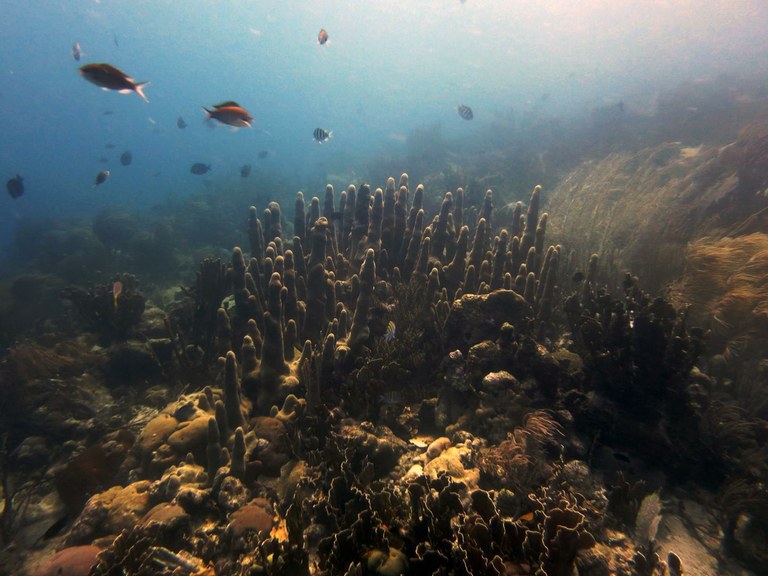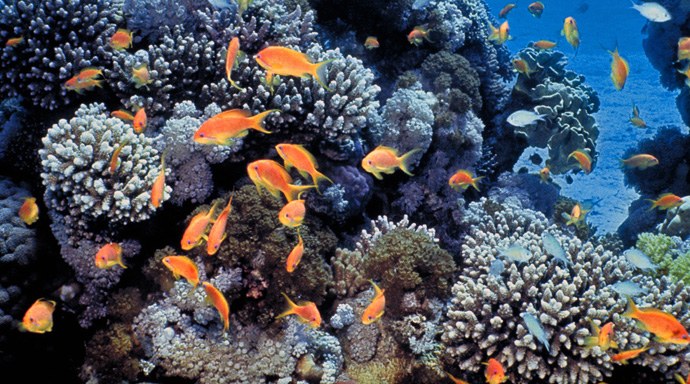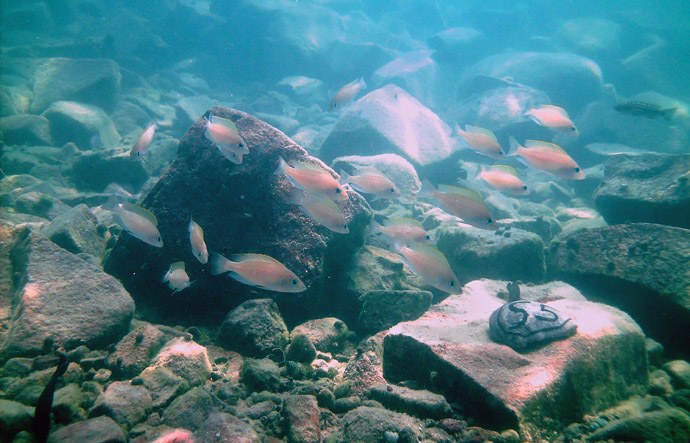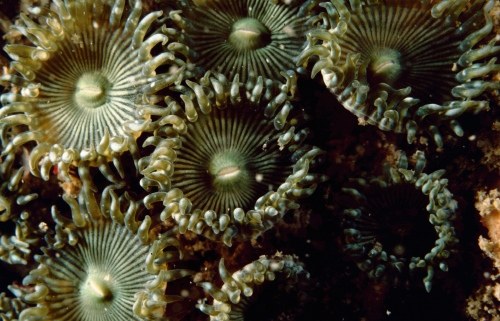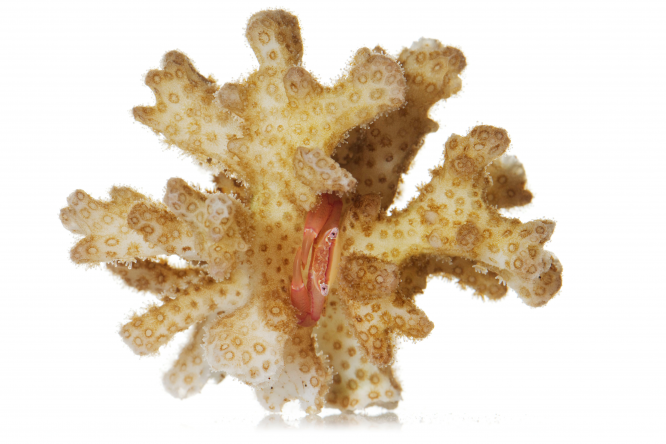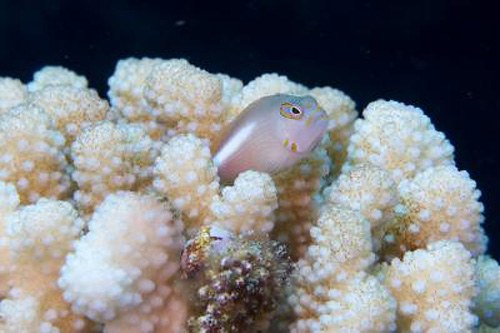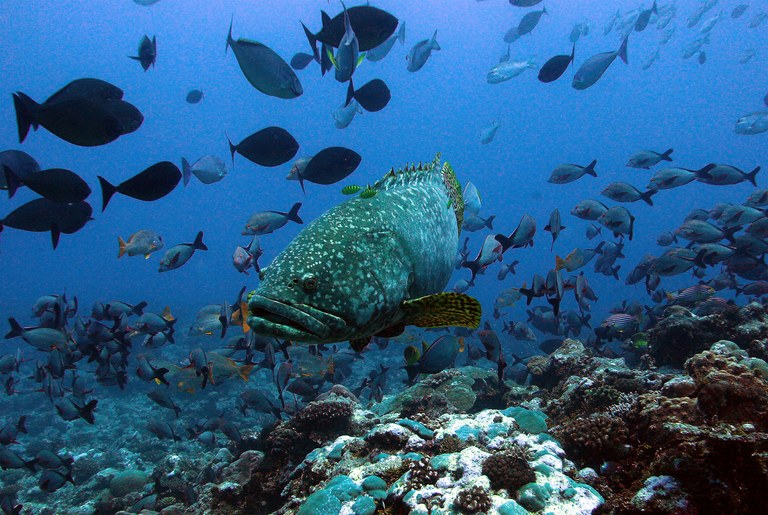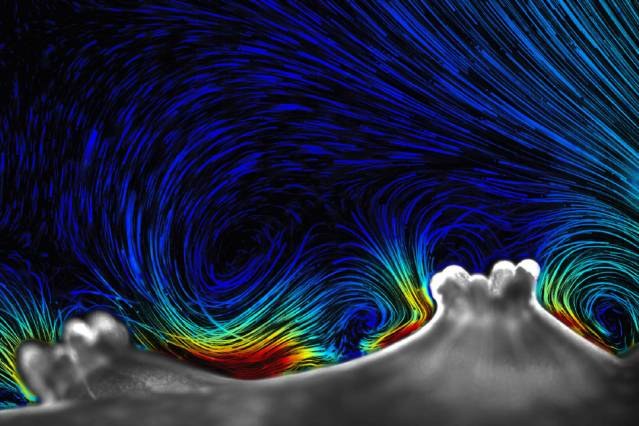From the Marine Aquarium Society of North America:
MASNA Membership Drive 2015
The excitement has begun as MASNA starts their membership drive for 2015.
As a member of the Marine Aquarium Societies of North America you will become part of the largest non-profit organization of marine aquarium hobbyists and clubs.



